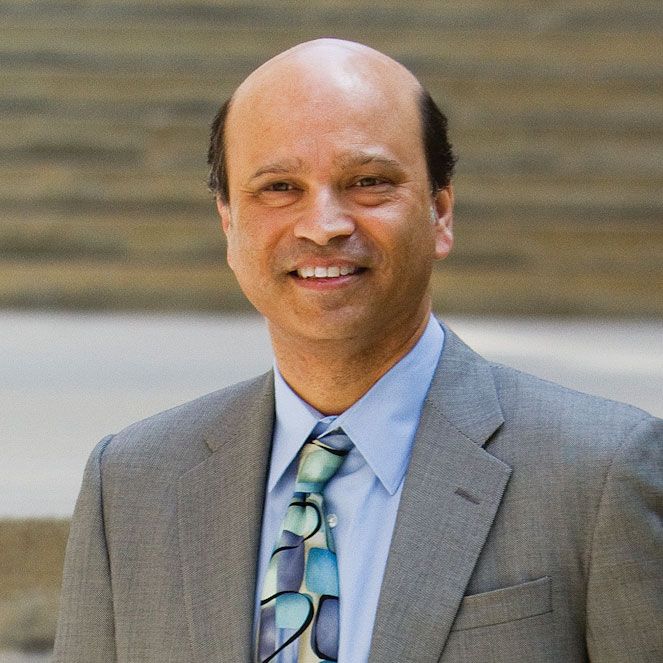Publication
Article
CURE
Checking Out a Charity
Author(s):
Giving money to support a cancer charity can be a tough decision. Here are some tips.
Giving money to support a cancer charity can be a tough decision. Here’s some guidance from Sandra Miniutti of the watchdog group Charity Navigator, and from Bennett Weiner, chief operating officer of the Better Business Bureau Wise Giving Alliance.
Don’t base your decision on the organization’s name. “The name doesn’t necessarily reveal the nature of the activities the organization is doing,” Weiner says. Visit the group’s website to check the type of services it provides. Even a charity that is just starting up should be able to provide this information. And make sure the name isn’t a “sound-alike” for a better-known charity.
Find the mission statement. There should be one on a charity’s website or in its literature. Not only do you want to know the charity’s goal, you also want to know its program activity: What does it do to deliver on its promise?
An annual report or IRS form 990 can tell you a lot. These documents should include board members, activities in the past year and a summary of finances. Both should be available online or the charity should willingly send you copies. Examining the last three 990s (which must be available, by law), can also tell you if the charity is growing or shrinking—critical information in this time of economic stress. Even a well-intentioned group might have to cut back on the programs that mean the most to you. Not only do you want to know the charity’s goal, you also want to know its program activity: What does it do to deliver on its promise?
Check to see how much money goes to program activities. Sixty-five percent is a minimum, Weiner says. Miniutti’s group goes for 75 percent as a benchmark, but notes that new charities may have a harder time meeting that standard. So might charities that are raising money for lesser-known cancers. Also, if the programs themselves aren’t effective, then even 100 percent of funds for programming isn’t impressive. A charity should tell you how many people it reaches or what kind of research it funds.
Look for proper oversight. Be wary of a charity that might suffer from what Weiner calls “founder’s syndrome”—a feeling by the group’s originator that he or she can have sole control over the use of funds. “Charities are accepting money from the public with a stewardship responsibility,” Weiner says. “They should expend funds in accordance with what they’ve promised contributors in appeals and other contributions.” That means a board of directors that is not just family members and that includes an appropriate cancer expert. Even a local charity—say, a family accepting donations because of a child’s cancer—should have a lawyer or accountant serving on a pro bono basis to make sure the funds are spent on treatment or certain bills, “and not for personal expenses of family members,” Weiner says.
Don’t be swayed by free gifts.You didn’t ask for those address labels or greeting cards. That’s an attention-getting device. “Don’t let the enclosures sway you from making an informed decision about a donation,” Weiner says.
When in doubt, investigate. Both Charity Navigator and the Wise Giving Alliance evaluate charities on their websites. If you have a specific complaint, the appropriate state attorney general’s office is the place to go. Most nonprofits have development directors who should be more than willing to send you materials, or, better yet, explain the program and how it reaches its mission.






